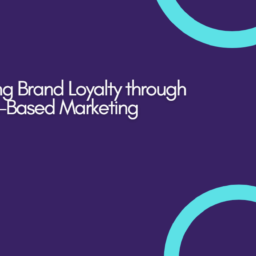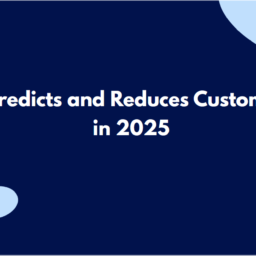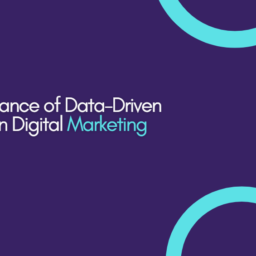The marketing landscape is continually evolving, driven by the rapid advancement of technology. Emerging technologies are not only transforming how marketers reach their audiences but also how they understand and interact with them. In this blog, we’ll explore some of the most impactful emerging technologies in marketing and how they are revolutionizing the industry.
1. Artificial Intelligence (AI) and Machine Learning
AI-Powered Personalization
Artificial intelligence and machine learning are at the forefront of marketing innovation. These technologies enable hyper-personalization, allowing marketers to deliver tailored content to individual users based on their behavior, preferences, and past interactions. AI algorithms analyze vast amounts of data to predict future behavior, ensuring that the right message reaches the right person at the right time.
Chatbots and Virtual Assistants
AI-powered chatbots and virtual assistants are transforming customer service and engagement. These tools provide instant responses to customer queries, handle routine tasks, and offer personalized recommendations, enhancing the user experience while freeing up human resources for more complex tasks.
2. Augmented Reality (AR) and Virtual Reality (VR)
Immersive Experiences
AR and VR technologies are creating immersive and interactive marketing experiences. Brands are using AR for virtual try-ons, where customers can see how products like clothes, makeup, or furniture look in real life before making a purchase. VR, on the other hand, is being used for virtual tours, product demonstrations, and experiential marketing campaigns, providing a memorable and engaging experience for users.
Enhanced Product Visualization
AR and VR also enable enhanced product visualization. For example, automotive companies use VR to allow potential buyers to explore and customize cars in a virtual showroom, providing a more interactive and engaging way to understand the product features and benefits.
3. Blockchain Technology
Transparent and Secure Transactions
Blockchain technology is enhancing transparency and security in marketing. It enables secure, transparent, and verifiable transactions, which is particularly beneficial for digital advertising. Blockchain can help combat ad fraud by ensuring that ad impressions and clicks are genuine, thereby improving the effectiveness and efficiency of advertising spend.
Data Privacy and Control
Blockchain also addresses data privacy concerns by giving users more control over their personal data. With blockchain, users can decide what data to share and with whom, fostering trust between consumers and brands.
4. Voice Search and Smart Speakers
Voice-Activated Commerce
The rise of voice search and smart speakers like Amazon Echo and Google Home is changing how consumers search for information and make purchases. Voice-activated commerce is becoming increasingly popular, with users relying on voice commands to shop online, order food, or control smart home devices. Marketers need to optimize their content for voice search to ensure their brands are discoverable through these devices.
Conversational Marketing
Voice technology is also driving conversational marketing, where brands engage with customers through natural, real-time conversations. This approach enhances customer experience by providing quick, personalized responses and building stronger relationships with users.
5. Internet of Things (IoT)
Connected Devices and Data Collection
The Internet of Things (IoT) refers to the network of connected devices that collect and exchange data. IoT is providing marketers with unprecedented insights into consumer behavior. Smart devices, from wearables to home appliances, generate vast amounts of data that marketers can use to understand how products are used, personalize marketing messages, and improve customer experiences.
Predictive Maintenance and Service
IoT also enables predictive maintenance and service for products. For example, smart appliances can notify users when maintenance is required, and companies can offer timely service or product upgrades based on usage data, enhancing customer satisfaction and loyalty.
6. Big Data and Analytics
Data-Driven Decision Making
Big data and advanced analytics are empowering marketers to make data-driven decisions. By analyzing large datasets, marketers can identify trends, measure campaign performance, and gain deep insights into customer preferences and behavior. This enables more accurate targeting, improved ROI, and the ability to swiftly adapt strategies based on real-time data.
Predictive Analytics
Predictive analytics, a subset of big data, uses historical data and machine learning to predict future outcomes. Marketers can use predictive analytics to forecast trends, anticipate customer needs, and optimize marketing campaigns for better results.




